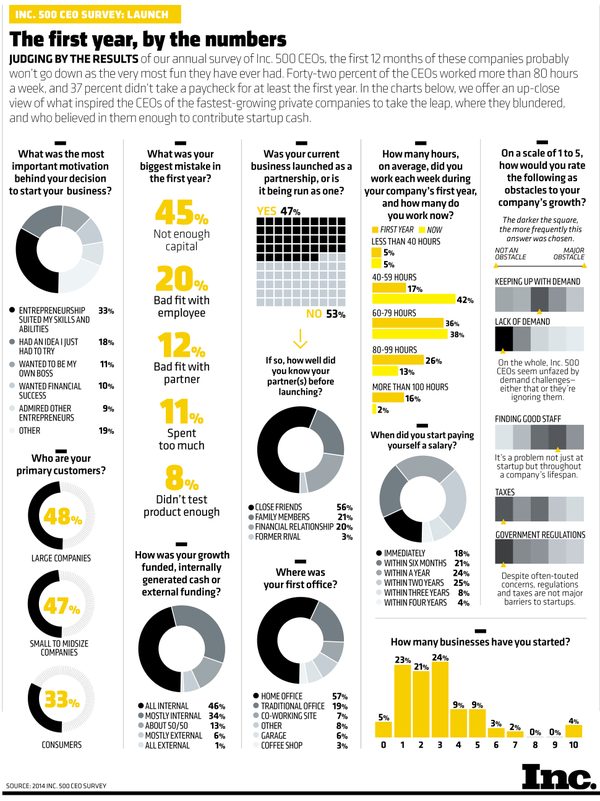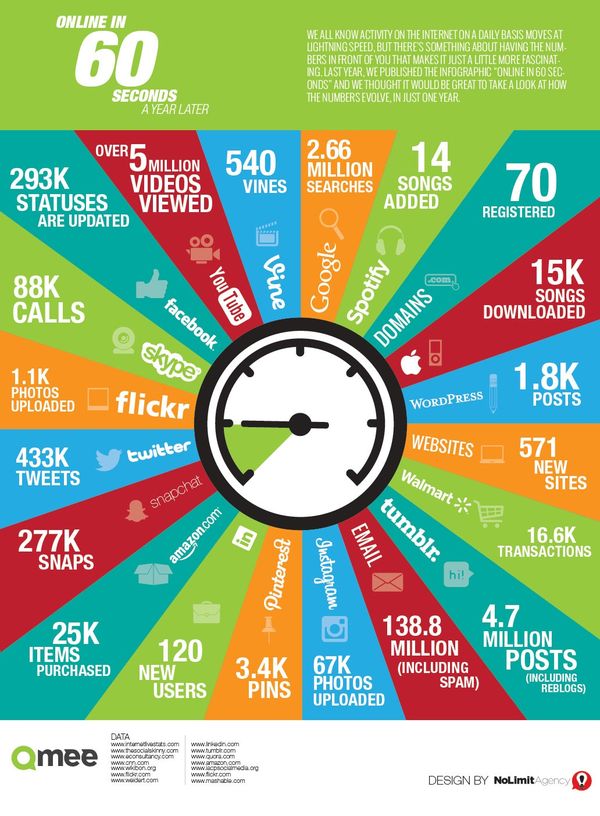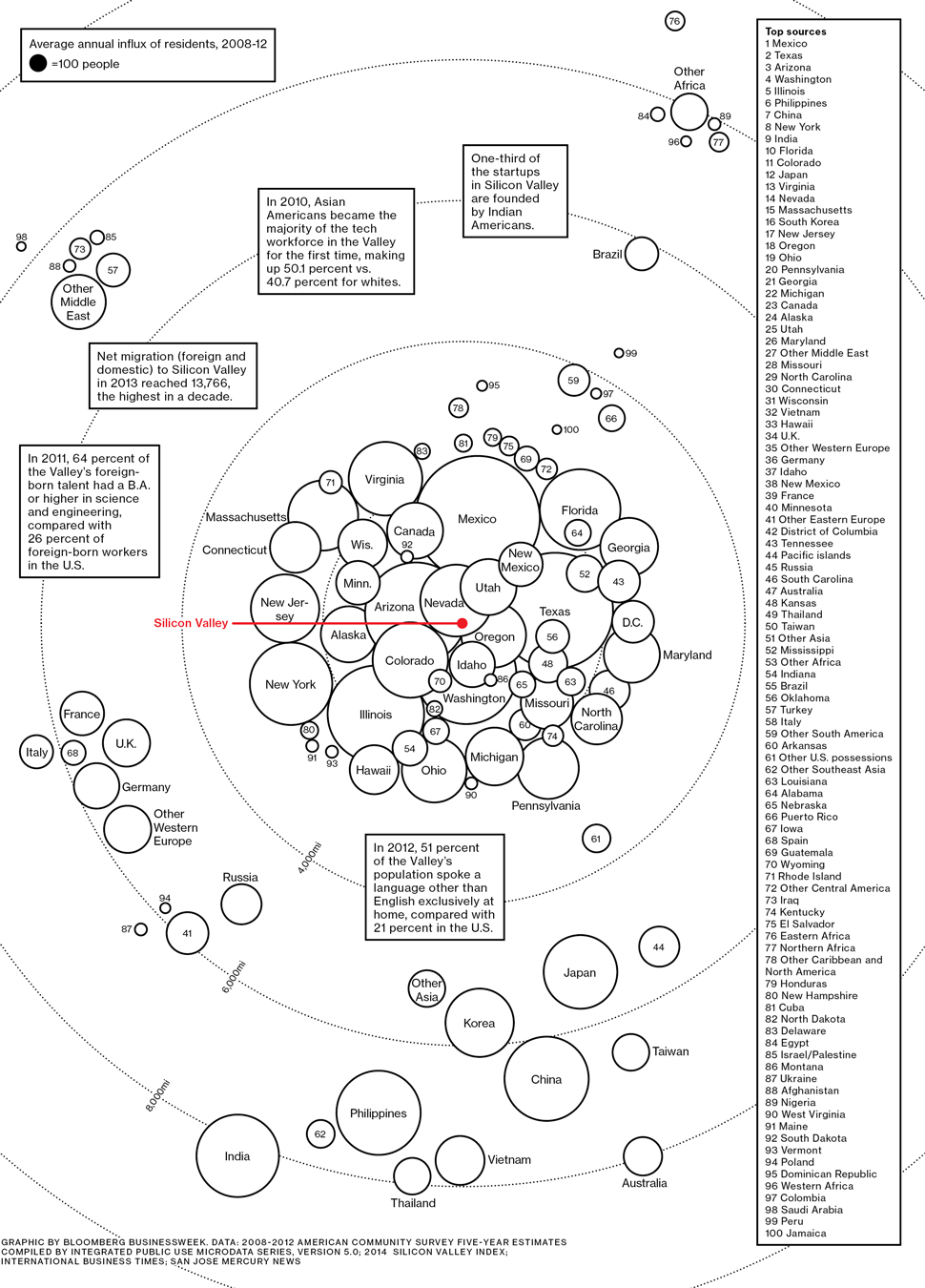Inc.'s annual check-in with the nation's top private-company CEOs shows how owners got their start and how their views on innovation and social media have changed.

via Inc.
Inc.'s annual check-in with the nation's top private-company CEOs shows how owners got their start and how their views on innovation and social media have changed.

via Inc.
What's been good for ALS, but bad for your Facebook stream?
Here are some of the posts that caught my eye. Hope you find something interesting.
What's been good for ALS, but bad for your Facebook stream?
Here are some of the posts that caught my eye. Hope you find something interesting.
Here is an interesting video about automation and what it will do to jobs and humanity.
via YouTube.
The point is to anticipate (and be prepared) for what is coming.
Here is an interesting video about automation and what it will do to jobs and humanity.
via YouTube.
The point is to anticipate (and be prepared) for what is coming.


Airlines are trying to make it easier to choose your seat for summer travel. But, here is one I wouldn't choose.
Here are some of the posts that caught my eye. Hope you find something interesting.
Airlines are trying to make it easier to choose your seat for summer travel. But, here is one I wouldn't choose.
Here are some of the posts that caught my eye. Hope you find something interesting.
Did you ever wonder where talent in Silicon Valley comes from?
Here is a map that purports to show that … and a lot more.

via Businessweek.
Some of the data is hard to believe. Interesting though.